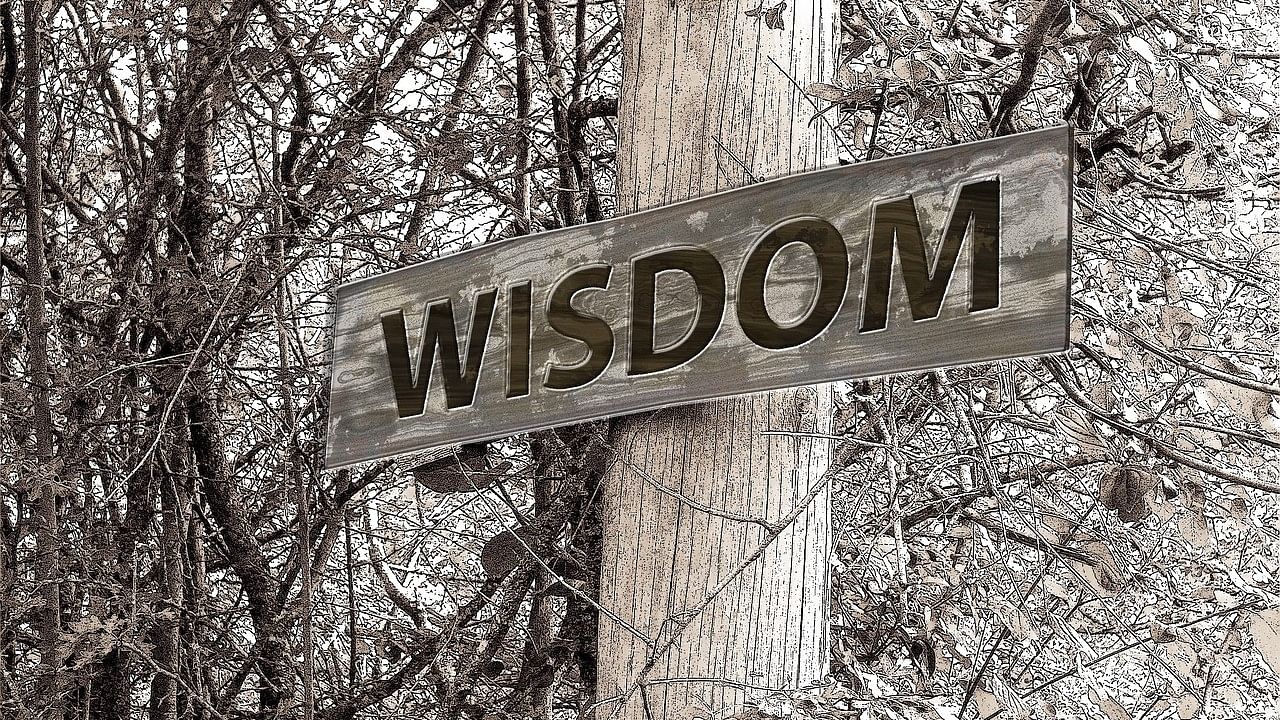
Experience, then, is what we have when it is publicly available as a disposition to be learnt, imparted, or talked about with some degree of intelligibility.
Credit: Pixabay
Experience has emerged as one of the ‘key concepts’ in recent decades. We tend to believe that experience, often seen as individual or as unique to a group, can counter the flattening, homogenising trends of modern bureaucracies, big science, big pharma, and the market. We also hold there is something fundamentally humane, almost sacred, in protecting this core concept of our lives. Prioritising experience has gone hand in hand with another trend: the emphasis on the privacy of experience. This assumes that our experiences are primarily ours alone, inaccessible to others. We see people make statements—both serious and casual—such as “Our experience is not available to others” (e.g., women’s experiences not being available to those who are not women), or “We have experienced oppression” (e.g., the trauma of social exclusion not being available to socially dominant groups). Many of our moral concerns and sensibilities hinge on such views of experience.
However, this sentiment sometimes leads to antagonistic positions. Rather than fostering empathy for those who have lived through difficulties, such statements may reinforce antagonistic and identity-based stances. The problem lies in the structure of the “private experience” argument itself. While it seeks to emphasise the importance of experience, it can also encourage the siloing and insulation of experience.
In these cases, experience is seen as a “privateepisode”—private because it is unique to an individual or group, and episodic because it has a duration and serves as a mental record of a public event. The assumption is that while public events occur over a specific duration, their mental imprints, which are episodes of another kind, are called experience.
Sensations, for example, are private episodes unique to the sufferer. No matter how much physical pain one feels in their toe, it cannot be shared or transferred to others. Sensations also have a duration. It hurts whenever someone stamps on my toe and not before or long after. That makes sensations episodic.
But experience is different. To say that one has experience, it requires specifying an object or activity—such as novel writing, driving, or dealing with failures—about which we can be said to have experience. This is established both for ourselves and for others through our behaviour in relevant circumstances. For instance, if we can manoeuvre an automobile, our experience is evident. Even if someone’s physical capacity is diminished, such as the elderly or injured, their ability to impart or discuss the nuances of driving still demonstrates experience.
Experience, then, is what we have when it is publicly available as a disposition to be learnt, imparted, or talked about with some degree of intelligibility. Without a world of objects to respond to and without a sense of appropriateness of such response, both of which are public facts, the idea of experience loses its meaning. While it is true that an experience may be unique due to the unique circumstances we find ourselves in, it is not unique in terms of its meaning. What is unique is not the experience as much as the way one ended up acquiring it. Thus, experience is an appropriate comportment to a world of facts. It is not a report on the unique circumstances we have suffered through.
Leaving out many important intricacies, one can say that experience is of a piece with knowledge and is not of a piece with either mental or physical events. This feature is what makes experience very different from objects that it apprehends. Pain is a sensation. This sensation object is apprehended as knowledge. Such knowledge is experience.
A caveat is in order here: the public-token picture of experience seems to privilege the articulation of experience over the possession of experience itself. But that is not the case. While this picture indeed privileges an object-orientedness to experience, that should not be construed as a bias towards articulation. For instance, a man who has a great deal of experience playing cards may not be able to articulate his experience as rules or describe certain aspects of the game. It is only rather unfortunate and not philosophically damning that he is incapable of teaching someone else the intricacies of the game. However, it is necessary that he play a game of cards, or at least for us to assure ourselves through some other means that he knows his game of cards, to say that our man has experience in this department. Of course, what we mean by a game of cards cannot be radically different in our case and his. In the absence of such a public token (not a public articulation), our words and our claims about our experience would not amount to much.
(The writer is professor, School of Arts, Humanities, and Social Sciences, Chanakya University)